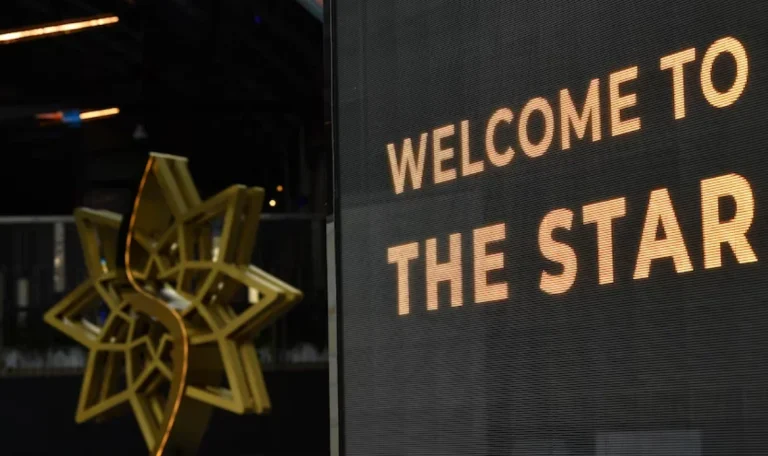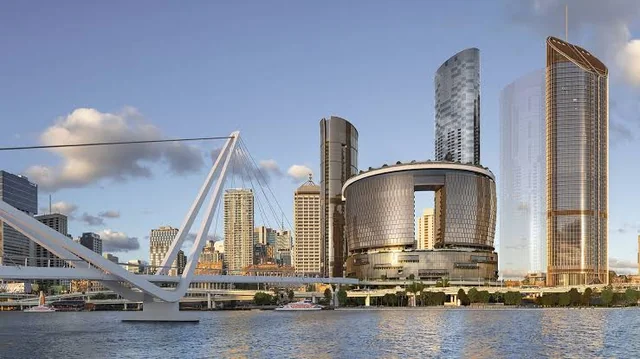Thailand Casino Bill Passes Cabinet, Moves to Parliament for Approval
Thailand took a major step toward legalizing casino gambling this week, as the country’s cabinet officially approved the Entertainment Complex Bill on 27 March. If enacted, the legislation would pave the way for integrated casino resorts across several tourist hotspots.
Public Backing Amid Years of Debate
Legalizing casinos has long been a divisive issue in Thailand, sparking heated debates and public protests over the years. However, the tide appears to be turning. During a recent public consultation period, an overwhelming 80% of respondents supported the proposal.
Supporters argue that casino resorts would attract billions in international investment, boost tourism, create tens of thousands of jobs, and provide a much-needed revenue stream for the Thai government—estimated at 39.4 billion baht annually (approximately £894 million/€1 billion/$1.16 billion) in new tax income.
Before becoming law, the bill must still receive approvals from parliament, senate, and ultimately the monarch, King Maha Vajiralongkorn.

Bangkok, Phuket Among Target Locations
Four initial sites have been selected as potential hosts for the new entertainment complexes:
-
Bangkok
-
Chiang Mai
-
Phuket
-
Chonburi
Each would house large-scale resorts that include casinos occupying no more than 10% of total floor space, in compliance with the bill’s design restrictions.
Strict Entry Rules for Locals Spark Concern
Despite the bill’s economic promise, certain clauses are raising red flags among potential investors—chief among them, the so-called “millionaire clause” that would severely limit local access to casinos.
Under current terms of the draft bill:
-
Thai nationals must pay a 5,000 baht entry fee each time they enter a casino.
-
They must also prove they hold at least 50 million baht in their bank accounts.
This steep threshold could drastically reduce the domestic player base. According to Finance Minister Pichai Chunhavajira, only 10,000 bank accounts in Thailand meet the required balance.
Gaming analyst Daniel Cheng warned that such restrictions could “render Thai casinos no better than foreigner-only regimes like South Korea’s.” Even global operator Genting Singapore has expressed hesitancy, stating it would avoid investing in a market reliant almost entirely on tourists.
A 2024 Citi report suggested that half of Thailand’s adult population could be potential casino patrons. Without broader access, however, Thailand’s ambitions to rival Singapore, Macau, or Las Vegas may fall short.
Though lawmakers considered removing the millionaire clause, it remains in the version submitted to parliament.
Tight Controls and Ongoing Opposition
In an effort to ease public concerns, the government has embedded strict regulatory measures into the bill. According to spokesman Jirayu Houngsub:
-
Casinos will be barred from linking to computer networks.
-
Broadcasting casino activity will be prohibited.
-
No incentives for high-stakes gambling will be allowed.
-
All operations will fall under Thailand’s anti-money laundering law.
Additionally, public hearings will be staged in each proposed host city to gather feedback and address local concerns.
Still, resistance remains. On the day of the cabinet decision, about 80 protesters gathered outside the Thailand Government House in Bangkok, carrying anti-casino signs and voicing concerns over social impacts.
“The promotion of vices is tantamount to tempting people to take the wrong direction,” said protest leader Pichit Chaimongkol, as quoted by the Bangkok Post. “It is opposite to developing the quality of life to improve people’s well-being.”
Despite opposition, the government maintains that the Entertainment Complex Bill is a critical move to stimulate economic growth, revive tourism, and attract foreign investment.
“This is mainly to stimulate the economy, investment and tourism,” said Jirayu, defending the initiative.










